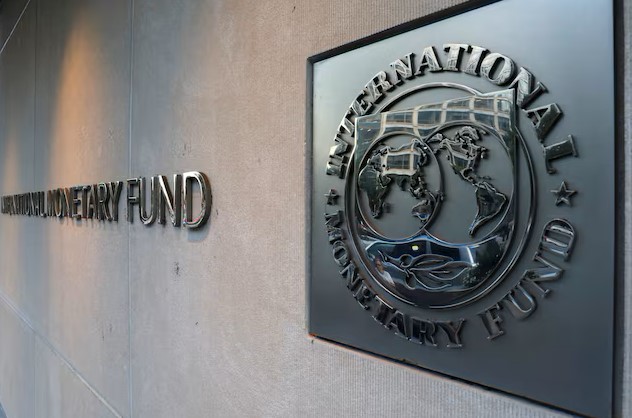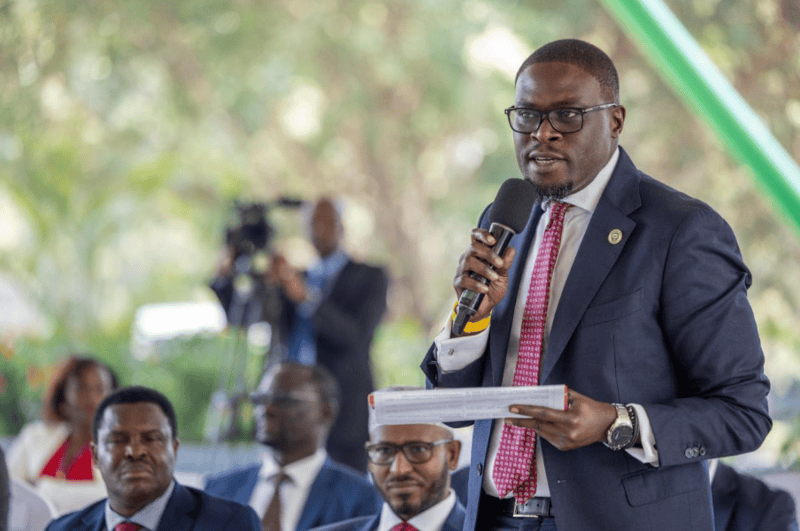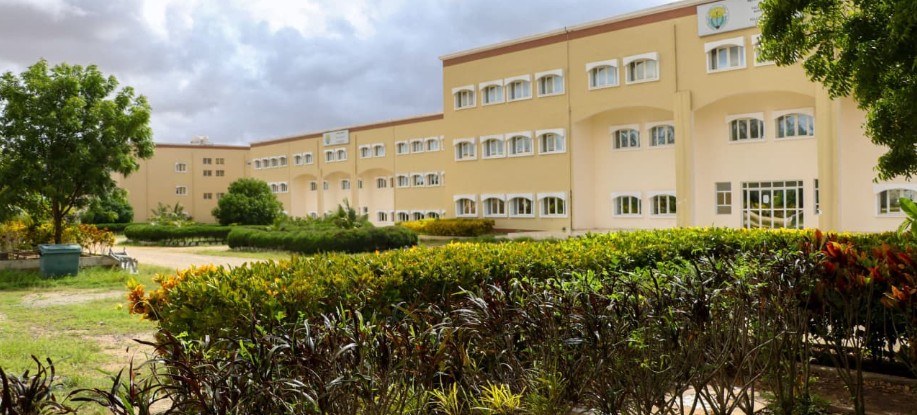IMF approves over $900m to support Tanzania budget, climate change fight

While economic recovery is expected to gain momentum going forward, the IMF noted that it faced headwinds from an "unfavourable global economic environment."
The IMF said on Thursday its executive board approved funding for Tanzania of $786.2 million to help tackle climate change while also completing a separate review allowing for the disbursement of $149.4 million for budget support.
Tanzanian authorities are committed to continue implementing reforms to preserve macro-financial stability, strengthen economic recovery, and promote sustainable and inclusive growth, the International Monetary Fund said in a statement.
More To Read
- Millions of hectares are still being cut down every year. How can we protect global forests?
- COP30 delivers mixed results on climate action, WEF experts say
- Managing conflict between baboons and people: what’s worked - and what hasn’t
- Kenya, Sweden partner to curb billions lost in post-harvest food waste
- UNEA-7 opens in Nairobi as global environmental diplomacy faces major challenges
- 2025 set for second-hottest year on record
In the last three years, President Samia Suluhu Hassan's administration has undertaken various economic reforms with ambitions to return the country's economic growth to the pre-pandemic real gross domestic product growth rate of 6% to 7%.
Tanzania's economic reform programme remained strong, the IMF said, adding that economic growth rebounded in 2023 after slowing down in 2022.
"The current account deficit is narrowing, reflecting fiscal consolidation, easing commodity prices, and tight external financing conditions," the IMF said.
While economic recovery is expected to gain momentum going forward, the IMF noted that it faced headwinds from an "unfavourable global economic environment."
Tanzania's economy, which relies on tourism, mining, agriculture, and manufacturing, has remained resilient in the face of back-to-back extreme weather events and climate change, driven by a surge in the services sector, according to the World Bank.
The economy is forecast to accelerate to 5.4 per cent this calendar year, up from 5.1 per cent in 2023, minister of State in the President's Office for Planning and Investment Kitila Mkumbo said last week.
Top Stories Today













































